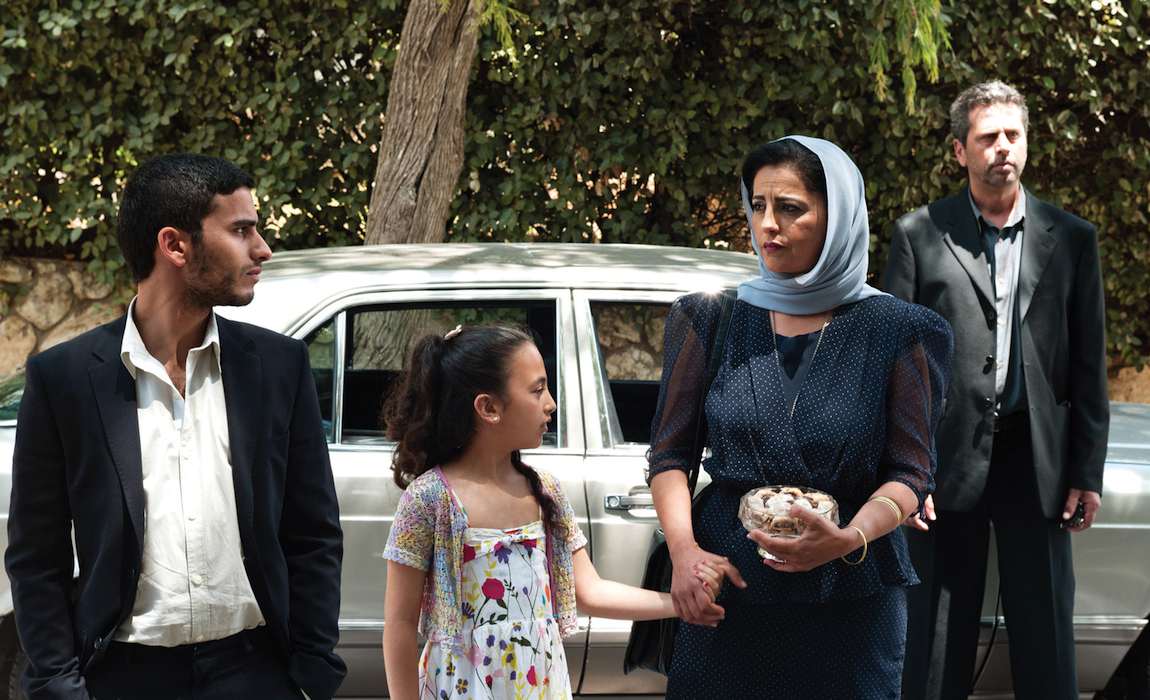The Other Son
Two boys on the verge of adulthood - one Palestinian, one Israeli - discover they were swapped at birth.
Overview
The Other Son attempts to question the passionate attachment to identity that lies at the bloody heart of the Arab-Israeli conflict.
Seventeen-year-old Joseph Silberg (Jules Sitruk), the son of Orith (Emmanuelle Devos), a French doctor, and Alon (Pascal Elbe), an Israeli army officer, has spent his youth playing guitar and studying at the local synagogue. He is gearing up to enlist in the Israeli army for compulsory national service when a shock discovery reveals that he is not at all who he, or his family, has always assumed him to be. In the turmoil of a Gulf War evacuation, the doctors at the Haifa hospital in which Joseph was born swapped him with the newborn Yacine Al Bezaaz (Mehdi Dehbi), a Palestinian with an auto mechanic father, Said (Khalifa Natour), and full-time mother, Leila (Areen Omari).
Director Lorraine Levy takes a gentle approach, conveying the ensuing drama through a patchwork of scenes that focus on personal reactions and intimate familial relationships. While both mothers reach out to their biological sons, simultaneously retaining maternal love for their 'adoptees', the fathers struggle with denial and anger. Much of the film explores the self-examination undertaken by Joseph and Yacine, and their development of a friendship based on mutual experience.
Commendably, Levy raises her questions of individual versus collective identity and religious division versus common humanity without preaching. However, the material tends to sketch, rather than probe deeply. We are left contemplating, but not necessarily as profoundly affected as we might anticipate.
For example, one scene depicts Joseph in conversation with his rabbi, confounded that, despite a lifetime of study, he is no longer considered a Jew. In the moment, his fragility and confusion are clear, and we witness him visibly upset around his peers, but the psychological and emotional ramifications of such an upheaval are really only touched upon. Similarly, the heavy political context forms an ever-present backdrop, but the film portrays little of its violent reality.
One exception to this is Bilal, Yacine’s fanatical brother. Horrified to discover that he has spent his life sharing a room with 'the enemy', he becomes relentlessly vitriolic towards Yacine yet overwhelmingly accepting of Joseph. We recognise Bilal as symbolic of the fervour that feeds prejudice.
Despite these tendencies mitigating its ultimate impact on the emotional level, The Other Son is carried by some highly nuanced and watchable performances. Jules Sitruk brings an arresting vulnerability to the dreamy, creative Joseph and Mehdi Dehbi an impressive strength to the elusive and self-possessed Yacine.
Some viewers may find hope in the film's fundamentally optimistic outlook; others may baulk at its slightly simplistic relationship to a conflict that no amount of negotiation or bloodletting seems to be able to bring to an end.





